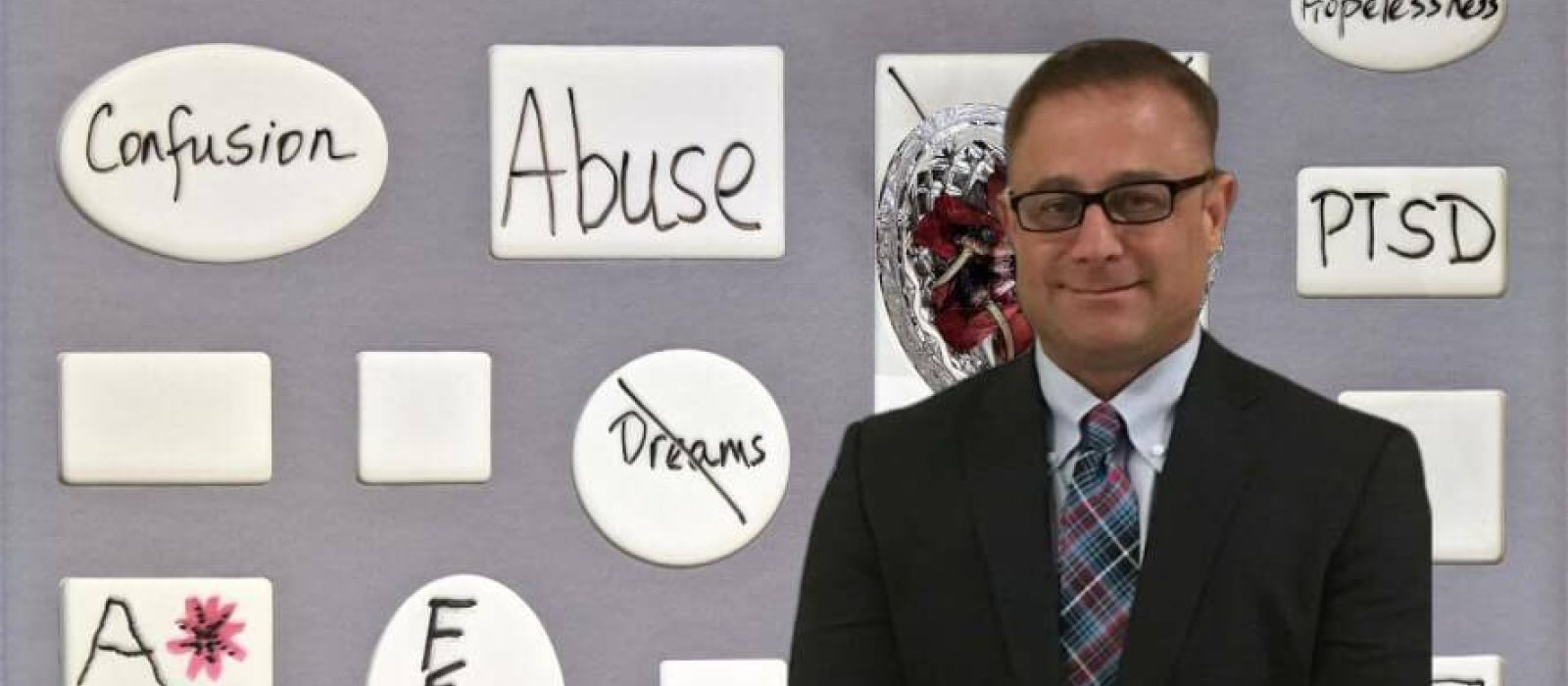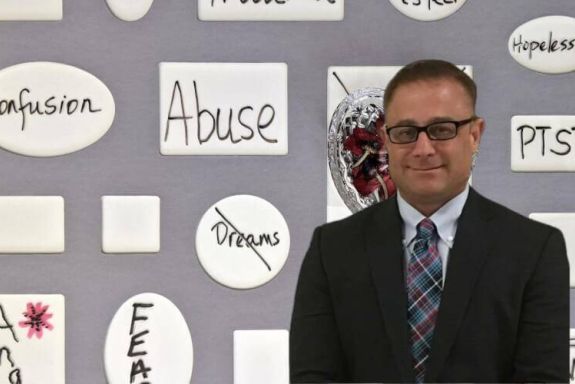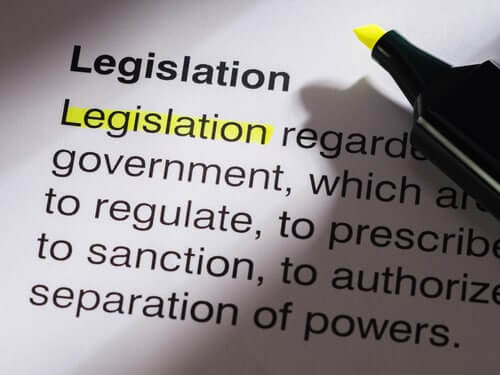
Elder Nursing Home & Dependent Adult Care Regulations 2023
Over $150 Million Won

If we don’t win, you don’t pay.
NO WIN – NO FEE

ON CALL 24/7

U.S. Marine

In the state of California, state and federal law set the standards for the regulation of nursing homes. Some elders can seek an adjusted gross income credit, and others cannot. For some, the Dependent Care FSA option might be available, while for others, there may be issues. Below, we will make sense of the laws, benefits, and regulations dealing with dependent adults.
The Ehline Law firm believes the antediluvian should be treated with respect and cared for properly. Moreover, our talented, attentive staff also thinks every dependent adult and their loved ones should be treated with dignity. But this is not the case for some elderly residents and their caretakers or lawyers who are entrusted to care for or receiving a form of dependent care credit for work-related tasks on behalf of the person claimed as a dependent. And when there is nursing home abuse or neglect, there are elder abuse laws to protect their rights when they should have been receiving eligible care services. Then they can hold responsible for the negligent party. Abuse and negligence can occur in places like nursing homes, rehabilitation facilities, and other tax-exempt organizations, including hospitals with care providers.
Sadly, these places are entrusted to care for the elderly, who are often mentally unstable qualifying individuals. Sometimes they are claimed as a dependent by a qualifying relative for eligible care. But sometimes, no care is given, and it is a scam. So when an elderly member of the family or friend is a victim of abuse or negligent care, the responsible party should be held accountable. Mostly, this gets done by hiring an elder abuse attorney.
And just because a person is “over the hill” does not mean they are no longer a human treasure. At Ehline Law Firm, we understand the complexity of elder abuse cases and are committed to helping victims and their families get the justice they deserve.
As part of our commitment to the prevention of elder abuse, we have compiled a list of resources that can help you better understand the issue and take action if necessary.
These resources include:
- State Laws: Each state has its own laws to protect seniors from abuse. Our website provides links to the elder abuse laws of each state, making it easy to find the information you need to protect yourself or someone you know.
- National Center on Elder Abuse: The National Center on Elder Abuse (NCEA) provides resources and support to individuals and organizations working to prevent elder abuse. Our website provides a link to the NCEA, where you can find information about the latest research on elder abuse, training opportunities, and more.
- Adult Protective Services (APS): APS is a social service program that helps protect vulnerable adults from abuse, neglect, and exploitation. Our website provides links to APS in each state, making it easy to report suspected elder abuse to the appropriate authorities.
- Long-Term Care Ombudsman: The long-term care ombudsman is an advocate for residents of nursing homes, assisted living facilities, and other long-term care facilities. Our website provides links to the ombudsman in each state, making it easy to report suspected abuse or neglect in these facilities.
- Support Groups: Support groups can provide a safe and supportive environment for victims of elder abuse and their families. Our website provides links to local support groups, making finding the help you need easy.
Who Are the Most Common Victims of Abuse?
- The elderly: This is any person that is age 65 or older. Plus, they must depend on others for their care, day-to-day living, and activities.
- The developmentally disabled: This is a person with a developmental disability. So this makes them dependent on others for day-to-day living needs and activities. The people in this group are people with physical or mental disabilities. Usually, they become diminished due to age or injury.
- The dependent adult: This is a person with physical or mental limitations and limited ability to perform daily activities alone. This person is between the ages of 18 and 64 and needs their rights protected.
How Can Welfare & Institution Code §15610.57 Help You?
Neglect is one of the laws that protect the elder abuse victim. So in this code, it is clearly outlined that reasonable care must be provided.
So these rights include:
- Food
- Clothing
- Shelter
- Hygiene
- Medical treatment
- Malnutrition
- Dehydration
- Protection from health and safety hazards.
These are standard parts of the daily care of elderly residents. And when the services don’t get provided, this is a violation of the law. When a loved one or friend who has a lot of mileage is a victim of abuse or negligence, elder abuse laws can protect them.
So those getting on or long in the tooth can get legal protections. The Ehline Law firm has an exceptional knowledge of these statutes and codes. Most of all, they are designed to protect those wayfarers on their last leg in life.
Speaking to Ehline Law and holding the nursing home, rehabilitation facility, or hospital responsible helps protect the elderly family member. But it also protects current and future elderly residents from experiencing abuse.
Welfare & Institutions Code § 15610.57. Neglect. 1. “Neglect” means either of the following:
- The negligent failure of any person having the care or custody of an elder or a dependent adult to exercise that degree of care that a reasonable person in a like position would exercise.
- The negligent failure of an elder or dependent adult to exercise that degree of self-care that a reasonable person in a like position would exercise.
2. Neglect includes, but is not limited to, all the following:
- The failure to assist in personal hygiene or the provision of food, clothing, or shelter.
- A failure to provide medical care for physical and mental health needs. No person shall be deemed neglected or abused for the sole reason that he or she voluntarily relies on treatment by spiritual means through prayer alone instead of medical treatment.
- Defendant’s failure to protect from health and safety hazards.
- Failure to prevent malnutrition or dehydration.
- The failure of an elder or dependent adult to satisfy the needs specified in paragraphs (1) to (4), inclusive, for himself or herself as a result of low cognitive functioning, mental limitation, substance abuse, or chronic poor health
Also, legislation regulates other healthcare facilities, both public and private.
- Care centers and nursing homes must meet California and federal laws and regulations and obtain licenses to operate.
- Care centers, facilities, and individuals failing to follow mandatory rules or standards will face license suspension or revocation.
- When systems fail, or a bad actor hurts an elder, abusing them, our brave attorneys will get involved to help surviving victims.
The Older Americans Act (OAA) provides states funding to prevent elder abuse, neglect, and exploitation. This act also establishes the National Center on Elder Abuse (NCEA) to provide resources and support to individuals and organizations working to prevent elder abuse.
In addition to the OAA, each state has its own laws to protect seniors from abuse. These laws may vary from state to state but generally include provisions for reporting suspected abuse, investigating abuse claims, and prosecuting abusers.
Many types of behavior may be considered elder abuse, including physical abuse, sexual abuse, emotional abuse, financial exploitation, neglect, and abandonment. If you suspect that someone you know is being abused, it is important to report it to the appropriate authorities.
To report elder abuse, contact your local Adult Protective Services (APS) agency, the police department, or your state’s long-term care ombudsman. You may also contact the National Center on Elder Abuse (NCEA) for more information and resources.
What About Caretakers?
As a caregiver for a loved one, balancing caregiving responsibilities with work and other obligations can be challenging. The good news is that there are resources available to help ease the financial burden of caregiving.
One such resource is the Dependent Care Tax Credit, which can provide financial relief for eligible caregivers. This tax credit is available for caregivers who pay for the care of a qualifying individual, such as an elderly parent or disabled spouse.
To qualify for the Dependent Care Tax Credit, you must meet certain requirements, including:
- The qualifying individual must live with you for more than half the year.
- You must provide more than half of the qualifying individual’s financial support.
- You must have earned income, such as wages or self-employment income.
If you meet these requirements, you may be eligible for a tax credit of up to $3,000 for one qualifying individual or up to $6,000 for two or more qualifying individuals.
It’s essential to keep detailed records of your caregiving expenses, including receipts and invoices, to claim the Dependent Care Tax Credit. You can also seek the help of a tax professional to ensure that you are claiming all eligible expenses.
What are the Rules on Licensing and Certification?
Most California nursing homes and healthcare facilities participate in Medi-Cal and Medicare programs. These entities get certified to accept these health insurance. But these care facilities are required to meet state and federal standards and requirements.
For example, caregivers must be certified by the California Department of Public Health Licensing and Certification Program. Also, individual healthcare workers must be state-certified. For example, these people include nursing assistants.
Other licensees include hemodialysis technicians, nursing home administrators, and home health aides. Two leading agencies are overseeing and enforcing regulations and laws for nursing homes and healthcare facilities.
So these are:
U.S. Department of Health and Human Services
In California, various licenses may be issued to a healthcare facility for dependent care. Furthermore, the most common of these get released to nursing homes. The issue is called a skilled nursing facility (SNF).
- This type of license gets obtained by a healthcare facility. But in exchange, they are required to provide patients with skilled nursing and supportive care.
- Also, it must be on a long-term basis. So the residents are usually dependent adults.
- These patients usually are elderly or mentally challenged.
- Also, the licensees get certified to participate in Medicare and Medi-Cal insurance.
Department of Health & Human Services Centers for Medicare & Medicaid Services 7500 Security Boulevard Baltimore, Md. 21244-1850 Telephone: 800-633-4227 Website: www.medicare.gov
State Resources
California Advocates for Nursing Home Reform. 650 Harrison Street, 2nd Floor San Francisco, Cal. 94107 Telephone:800-474-1116 Website: www.canhr.org California Department of Public Health 2000 Evergreen Street, Suite 200 Sacramento, Cal. 95815 800-554-0354 Website: www.cdph.ca.gov
Southern California County Resources Los Angeles.
Community & Senior Services.
3333 Wilshire Boulevard, Suite 400 Los Angeles, CA 90010 Telephone: 877-477-3646 Website: www.dpss.lacounty.gov
Orange County
Orange County Office on Aging California Department of Public Health 2150 Towne Centre Place, Suite 210 Anaheim, CA 92806 Telephone: 800-228-5234 Social Services Agency P.O. Box 22006 Santa Ana, CA 92702-2006 Telephone: 800-451-5155 www.oc.ca.gov/ssa/asltserv/asaps Seniors Support Services, Inc. Elder Abuse Forensic Center
Riverside County
Community & Senior Services 3333 Wilshire Boulevard, Suite 400 Los Angeles, CA 90010 Telephone: 877-477-3646 Website: www.dpss.lacounty.gov
San Diego County
Aging & Independence Services 9335 Hazard Way, Suite 100 San Diego, CA 92123 Telephone: 800-339-4661 800-510-2020 Website: www.ais-sd.net
San Bernardino County
Human Services System 686 East Mill Street San Bernardino, CA 92415-0640 Telephone: 877-565-2020 Website: www.sbcounty.gov
Santa Barbara County
Department of Social Services 234 Camino Del Remedio Santa Barbara, CA 93110-1369 Telephone: 805-681-4450 805-346-8303 Website: www.countyofsb.org
Imperial County
Department of Social Services 2999 South 4th Street El Centro, CA 92243 Telephone: 760-337-7878 Website: www.imperialcounty.net
Ventura County
Human Services Agency Adult & Family Services 2220 Ventura Boulevard Camarillo, CA 93010 Telephone: 805-654-3200 Website: www.vchsa.org
California Department of Public Health
1889 North Rice Avenue, Suite 200 Oxnard, CA 93030 Telephone: 800-547-8267
Other Health Care Facility Licensing
Also, the different types of healthcare facility licensing are here.
And in California, facilities providing dependent care include:
- Continuing Care Retirement Communities (CCRCs)
- Distinct Part/Skilled Nursing Facility (DP/SNF)
- Intermediate Care Facilities (ICFs)
- Institutes for Mental Disease (IMDs)
- ICF/DD (Intermediate Care Facility/Developmentally Disabled)
- ICF/DD-H (Intermediate Care Facility/Developmentally Disabled-Habilitative)
- ICF/DD-N (Intermediate Care Facility/Developmentally Disabled- Nursing)
How About Some More Informational Links?
Investigating the options is part of the process when a loved one requires dependent care. Hence, the quality of the facility is essential. So this will ensure reliable quality care.
Furthermore, informational websites are essential. Most of all, these help us become educated in making this type of decision. Here are a few below.
- Find a Nursing Home and Compare
- Nursing Home AA Citations by County
- File a Nursing Home Complaint – How-To
- Find and Compare Hospitals
- Breach of Confidential Patient Medical Information
- CDPH – Licensing and Certification
How About a Free Legal Consultation?
So what do you do when a loved one has suffered harm or wrongful death? What if your injury was due to mistreatment or neglect? Was it in a nursing home or a dependent healthcare facility?
Because if it was, the chances are you can sue. But you must contact the law firm as soon as possible. Act quickly because the California statute of limitations limits the amount of time victims will have to bring and file a lawsuit.
Also, we offer a free consultation to discuss. Then we will evaluate legal claims to determine your best course of action.
Call Ehline Law Firm, Personal Injury Attorneys APLC today. Get a free consultation by telephoning (213) 596-9642 in Southern California, or use our convenient online questionnaire for a more rapid reply from a severe injury law expert.


